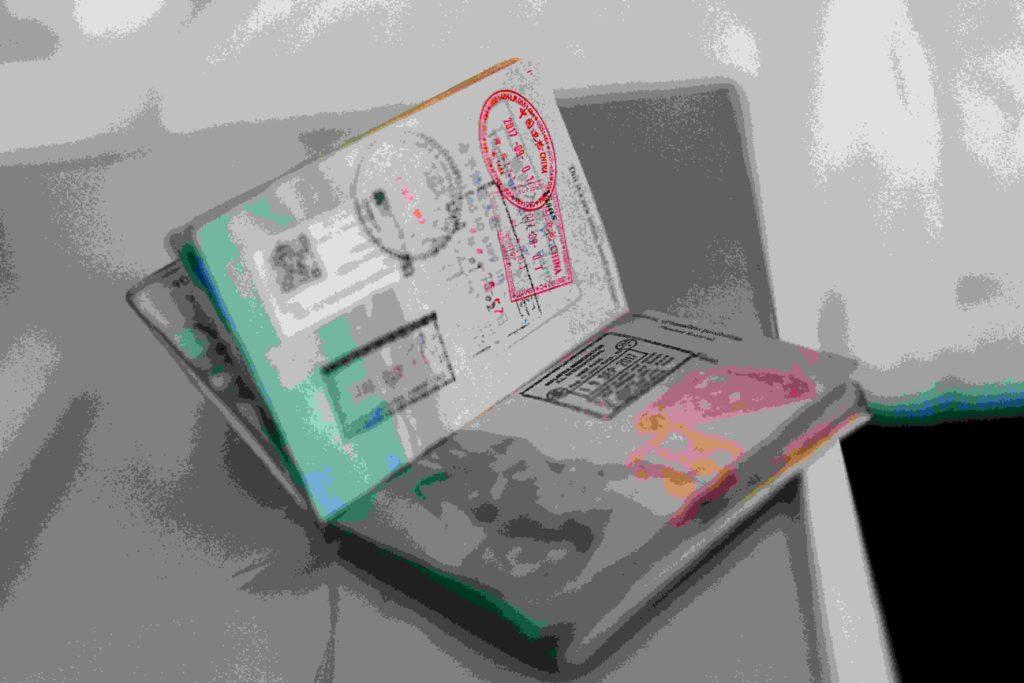
If you followed the recently concluded AIDS 2022 Conference in Montreal, you will have heard several complaints about how, once again, visa issues forced many registered participants to miss out on a forum where decisions were to be made about a condition that disproportionately affects them in the first place, and their countries. This is not a new problem. We have known for a long time that the current educational model of knowledge production and dissemination in global health not only stifles equity, but also actively entrenches the imbalances created by supremacist and colonial origins.
However, it is also necessary to recognize that (global) health is increasingly becoming inextricably linked to foreign policy, security policy, development strategies, trade agreements, …. To some extent, this has been the case for decades, of course, but in recent years this trend has only gained further momentum, it appears (with the “new geopolitical situation” due to the war in Ukraine as the latest spark). Against that backdrop, the Montreal conference served as a stark reminder that the current power balance is still centred on HICs’ security and economic interests. Decisions about who is deserving of entering certain spaces are currently based on the views and interests of powerful countries, rather than on principles of justice and knowledge redistribution for the benefit of the whole. If not addressed, this can have serious consequences for how less powerful individuals or organizations position themselves to be considered worthy of access. This can exacerbate what Seye Abimbola refers to as the “gaze” problem in global health.
In today’s global health environment (characterized among others by a new ‘pandemic era’ according to quite some experts), the ability of humanity to innovate and adapt faster and more efficiently than viruses and diseases is more important than ever. The AIDS conference certainly demonstrated that the world is not short on innovation and technological solutions. However, if we have learned anything from COVID, it is that global health cannot be achieved solely by finding the right technical solutions, we also need to address issues of power imbalances within and between countries. Yet, as we have seen during the Covid pandemic, powerful parts of our world simply do not want to trade their advantages for greater equality of opportunity, despite the fact that technological solutions appear to be abundant. This is true in both rich and poor countries.
While there have been discussions and actions to address this in global health scholarship, such as diversifying editorial boards and increasing transparent and respectful collaboration with the global south, these efforts have yet to reach far enough into global (health) diplomatic spaces, where policies and resolutions continue to be driven by actors who are disconnected from the ground and warping the decision-making apparatus within global health governance.
As Southern countries raise their voices in support of more respectful relationships for global health representation, global health will require new skills in order to negotiate for equitable knowledge representation in the face of competing interests. Indeed, such discussions require (some) technical expertise but mainly political bargaining and solutions, as well as alliances with actors outside the global health sphere. Otherwise, discussions about how to understand and limit such inequalities will inevitably fall short.
So let’s go for it. To paraphrase Peter Sands in Montreal, ‘If not us, then who. If not now, then when?’